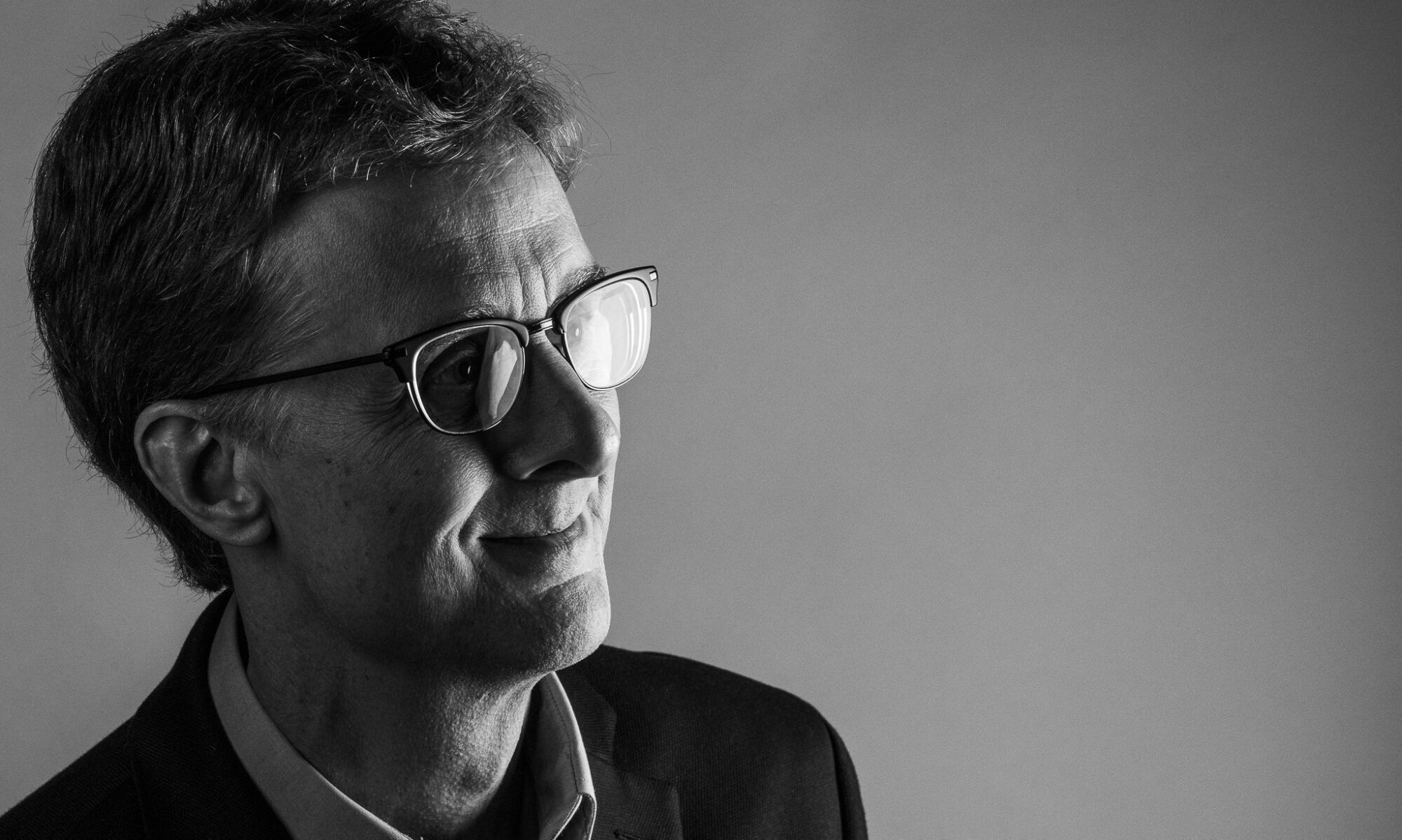Last week, our youngest – for an 8th grade class – had to interview someone about the ‘most historical moment’ of his/her lifetime. She chose her grandfather, who just celebrated his 80th birthday. He told her the assassination of JFK tops his list, as he was too young to remember Pearl Harbor, although having spent 27 years as a naval fighter pilot beginning in 1954, he certainly understands the meaning and significance of ‘a date which will live in infamy.’
I was three-and-a-half on November 22, 1963, and have been fascinated by JFK since my sophomore geography teacher told us about his experience as a senior in high school in Dallas on that fateful day. I’ve read most of the conspiracy books, watched all the famous news programs, walked Dealey Plaza and spent time in the Sixth Floor Museum. I’ve even seen Lee Harvey Oswald’s unmarked grave in Rose Hill cemetery – a hunt completed with my sister and brother-in-law on the 25th anniversary of the tragedy.
Today, we remember the victims of 9/11, so I asked our daughter – who’s a senior in college – what she recalls from being a sixth grader in 2001:
“They didn’t tell us about it right away, but we knew something was wrong, because teachers were crying and kids were being picked up. After a while we had this assembly, and the guy basically told us God had performed so many miracles that day, which didn’t make sense to me. Oh, and I remember asking one of the lunch aides why kids were leaving, and she said ‘must be a lot of dentist appointments.’ None of the adults knew how to handle the situation. They saw us as kids, but a lot changed for us on that day. As part of the post-9/11 generation, I think we would better handle something like this, or at least know how to talk about it.”
It’s a common conversation piece to ask those who experienced historical moments where they were and what they were doing when they found out. For those alive today, the discussions might include the Crash of 1929, Pearl Harbor, Germany’s surrender, Jackie Robinson, JFK, the Beatles on Ed Sullivan, Neil Armstrong, Nixon’s resignation, Challenger, the fall of the Berlin Wall and 9/11.
Of course, as time passes, memories become less clear. Yet, as long as we pause to reflect, those dramatic events will remain part of who we are as a nation. We’ll pass them on to future generations, and hopefully teach them new lessons. A friend who’s a printer made a magnet for clients a couple of weeks after 9/11. He gave one to us. It shows an American flag and says, “We Will Never Forget.” We haven’t. It’s still on our refrigerator.

